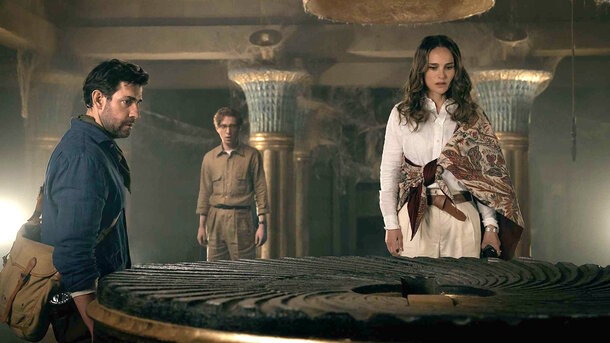Ben-Hur (1959) wasn’t just a Hollywood epic — it was a logistical monster. Grand sets, biblical stakes, Oscar-sized ambition. But one unexpected hurdle came not from budget or weather, but from the calendar.
Midway through production, a major scene — rich in Christian symbolism — was scheduled right over Easter weekend. And for some crew members, that was a hard no. Filming something so overtly religious during the holiest stretch of the Christian year? They called it disrespectful. Some walked off. Others threatened to.
The tension caught director William Wyler in the crossfire. On one end: studio execs breathing down his neck. On the other: a crew unwilling to roll cameras out of principle. For a film already juggling wild scale, this moral standoff was just one more fire to put out.

Eventually, compromises were made and production rolled on. The result? Eleven Oscars and a place in cinematic legend.
But for a moment, Ben-Hur wasn’t just battling Roman soldiers on-screen. It was wrestling with real-world convictions — and the tricky business of where storytelling ends and sacred ground begins.










